
Diana Weber
Lawyer of international law
Rating:
21
March
Obtaining a Residence Permit in the Netherlands: A Guide for Immigrants
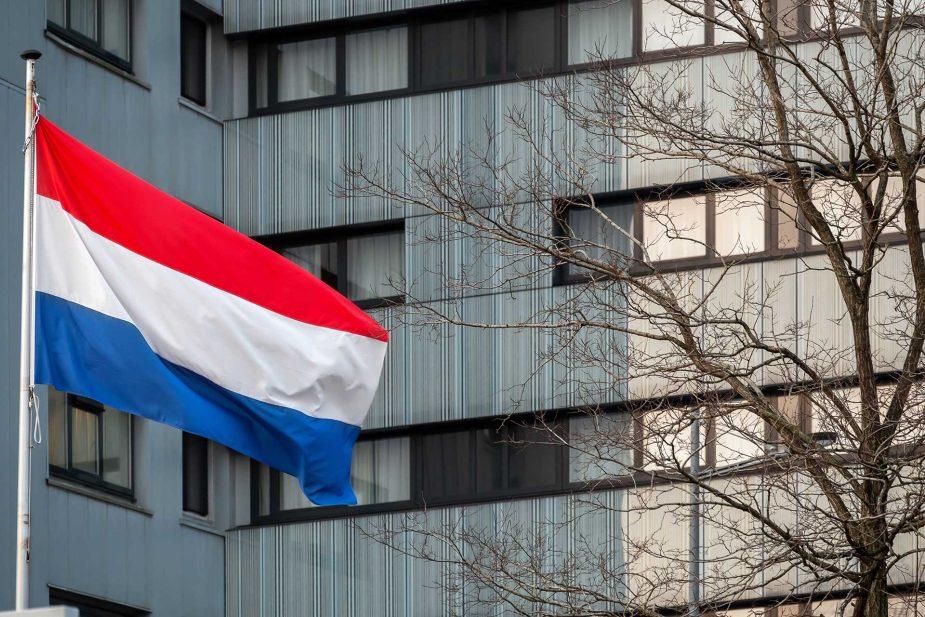
A residence permit in the Netherlands (Holland) is a document with which a foreigner can legally stay in the country for a fixed period of time (up to five years), usually with the prospect of extending this period. Temporary residents receive virtually all the rights of local citizens, such as being able to work (in most cases), study, run a business, seek medical care and social support. According to Numbeo, the Kingdom of the Netherlands ranks 2nd in the world ranking of quality of life, so it attracts many immigrants. The state is a member of the EU, Benelux, Schengen zone and NATO.
A residence permit in the Netherlands can be issued to those who have an official reason to stay in the country for a long time (beyond the validity of the visa). For example, residence permits are granted to students, employees, self-employed persons, foreign businessmen, recognized refugees, close relatives of local citizens and residents. You should first apply for a long-term visa MVV (Machtiging tot voorlopig verblijf) at a diplomatic mission, and upon arrival in the kingdom - open a temporary resident card at the Immigration and Naturalization Service.
Specialized lawyers will help to find the best way to obtain the right of residence in Holland. Immigrantinlaw immigration specialists will analyze your request and recommend the best options for obtaining residency or citizenship in the European Union under simplified procedures.
Dutch residency gives you many more rights and opportunities than a short-term stay with a visa or under the visa-free regime. For example, it is allowed to leave the country and return any number of times. The period of stay in the kingdom with a residence permit is usually from 1 to 5 years. Most of the granted residence permits are of the immigration type, that is, with prolonged residence in the state, it is possible to obtain a residence permit and citizenship by naturalization.
Among the advantages provided by the Dutch residence permit are:
The conditions for granting the right of temporary residence in the Netherlands are specified in the national law “Vreemdelingenwet” from 2000. The document specifies the types of residence permits, methods of registration, terms of consideration of requests, responsible authorities and related information. The country's migration policy has undergone numerous changes. The main one is the cancellation of the program of granting residence permits for contributions to the country's economy in the amount of 1 250 000 EUR from 17.04.2024. However, foreign investors retained the possibility to extend their existing residence permits.
The law establishes the following general requirements for applicants for temporary resident status in the Netherlands:
Separate conditions are stipulated for those requesting the right to stay in the Netherlands for humanitarian reasons. Residents may also be subject to additional requirements, such as proof of education or work experience, depending on the reason for the residence permit. The most common reasons for obtaining a temporary residence permit are presented below.
Submit an application form and we'll get back to you!
If you have an employment contract with a Dutch employer, you can get a single permit to stay and work in the kingdom. Foreigners are given only those vacancies in which Dutch and EU citizens are not interested. The employment and immigration procedure are initiated by the employer. He is also responsible for the availability of housing in the country. The candidate needs to prove his work experience and education in his specialty, sometimes - also to pass a language test. His/her income should not be lower than the minimum income in the country, which is from 2400 EUR per month (the amount depends on the profession).
You can open a company in the Netherlands, register as a sole proprietorship and on this basis obtain a temporary residence card. The residence permit is granted with the approval of the Chamber of Commerce and Industry after reviewing the submitted business plan and assessing the existing business experience in the chosen field. The request is also reviewed by the Entrepreneurship Agency, which decides whether the new company is of interest to the national economy. There are no restrictions on the amount of start-up capital for businessmen and individual entrepreneurs, but the funds must be sufficient to realize the intended goal.
It is not difficult enough to immigrate to the Netherlands for a businessman who plans to realize an innovative commercial project in the country. In order to apply for a residence permit, you need the support of the Entrepreneurship Agency and a personal business coordinator from the kingdom. The startup plan should include the realization of an economically beneficial for the country direction or product using innovative technologies. The startup must have sufficient funds to implement the project, and it will also be necessary to enter it in the Trade Register after opening.
It is possible to move to Holland at the invitation of a relative who has local citizenship, a temporary or long-term residence permit. Reunification is also requested by EU passport holders legally residing in the Kingdom. The procedure is intended for official and de facto spouses, minor children, exceptionally other relatives, for example, if they require permanent care. Whoever invites family members must provide them with accommodation and have sufficient income to provide for dependents. Immigrants usually take a language test.
Dutch residency is granted to students of secondary and tertiary educational institutions. The university can be private or public, the main thing is to have a local NVAO/EQAR accreditation. The procedure for opening a residence permit is initiated by the host institution. For this purpose, it is necessary not only to enroll in the university, but also to pay tuition fees, as well as to have means for self-support (900-1100 EUR per month) and a place to live in the country. Subsequently, it is necessary to fulfill from 50% of the requirements of the educational annual program, otherwise the residence permit will be revoked due to failure to pass.
Get more information about the peculiarities of immigration to the EU at a free consultation
The Dutch residence permit is granted to foreign professionals who are self-employed. For example, it is granted to scientific researchers and teachers who come to perform specialized tasks. A residence permit is opened for seconded immigrants and those who come as part of intra-corporate transfers. It is possible to apply for residency as a freelancer to provide professional services without a specific employer. In each case, you must have specialized education, work experience and a regular source of legal income.
The Netherlands has ratified the Geneva Convention on the Rights of Refugees and offers protection to those who have been forced to leave their homeland without receiving adequate protection from its authorities. For example, asylum is granted to immigrants from war zones or people who have been subjected to personalized bullying. Applications are examined in a special way with the involvement of law enforcement services. This method of immigration to Holland has its pros and cons, for example, refugees do not need to fulfill most of the conditions for a regular residence permit, but cannot travel to their home country.
It is also possible to move to Holland temporarily for a short-term reason, but in this case, there is no right to apply for subsequent naturalization. For example, residence permit is granted to seasonal workers, domestic helpers from among foreign youth, participants of internship programs, advanced training or language courses. A residence card can be issued for medical care, participation in research mobility projects, and provision of cross-border services. In each case, it is necessary to document the immigration reason.
You can regain the right to reside in the Netherlands if you previously held a national passport, residence permit or permanent residence permit. In this case, the lost status is resumed in a simplified procedure. The conditions of re-emigration depend on the age, citizenship of the applicant, the presence of relatives in the kingdom. It is required to pass a language test or provide a certificate of completion of school in the country.
Citizens of the EU, EEA and Switzerland can reside in the Netherlands without opening a residence permit. Immigration is available for an unlimited period of time with full access to all the rights of local residents. Learn about programs to apply for a second EU passport in 4-12 months with a free legal consultation.
The procedure for opening a residence permit in the Netherlands depends on the reason for the move. If there is a receiving party (university, employer, family member), it will contact the Immigration and Naturalization Service (IND, Immigratie en naturalisatie) with a request on its own. In other situations, you need to do the following:
As a Dutch resident, you are obliged to undergo a tuberculosis test (if required) and register your address in the Municipal Database of Personal Records within five working days after crossing the national border.
The basic list of documents required to obtain residency in Holland is as follows:
The list of additional documents depends on the reason for opening a Dutch residence permit. In particular, you may need an educational diploma, language test results or proof of professional experience. Certificates and statements issued abroad are translated into Dutch, English, French or German. Also, the dossier requires notarization, sometimes - apostille or superlegalization.
IND examines applications for residence in the Netherlands within three months. The processing time may be extended, for example, if additional information from the applicant or approval from other government agencies is required. Separately, you will have to wait for the opening of a national visa, which depends on the workload of diplomatic missions.
The duration of the Dutch residence permit depends on the reason for the move and supporting documents, but cannot exceed five years. Usually, a resident card is issued for 12 months with the right to extend. The document cannot be valid for longer than the reason for staying in the country, such as the term of an employment contract or the period of study at a university.
To calculate how much it costs to obtain a residence permit in the Netherlands, it is necessary to summarize the prices of state fees, the cost of notary services, interpreter, migration specialists. You will also need to take out health insurance, organize trips to the authorities, and sometimes pay for an apostille. Below are the rates of administrative fees for opening a residence permit on popular grounds (information is current as of 2025).
| Reason for residence permit opening | Cost, € |
| Family circumstances | 81–243 |
| Labor/commercial activity | 243–405 |
| Education | 243 |
| Medical treatment | 1281 |
Immigrantinlaw international law specialists can help you move to the Netherlands without major expenses and long waiting times. Sign up for a free legal consultation to learn more.
To extend your right of residence in the Netherlands, you must still have a migration reason and meet the conditions for granting the document. For example, you are still working, running a business, studying at university or living with a Dutch citizen. The application is submitted to the IND online or by post together with the dossier, in some cases via the business portal Portaal Zakelijk. Within three months, the Service will make a decision and inform you of the date and time when you will receive your new residence permit.
You can apply for a Dutch permanent residence after 5 years of continuous residence in the country. In this case, you need to pass a language test, know the basics of the constitution of the kingdom, be financially secure. It is also necessary to have a still valid residence permit and personal information in the Municipal Database of Personal Records. Registration of permanent residence is also handled by the IND on the basis of your personal application and submission of documents. Immediately after opening permanent residence, you can obtain citizenship by naturalization if you successfully integrate into society.
A common reason for denial of Dutch residency are errors in the immigration procedure or dossier. Requests are rejected if even one document is missing or incorrectly executed. The application will not be approved if any of the conditions for granting residence permit are not met. Also, a residence permit may not be granted for reasons of national security, including if the applicant hides important information about himself or is suspected of intending to illegally immigrate to the kingdom.
Regardless of the reason for refusal, the IND's decision can be challenged by filing an appeal. It is worth noting that such cases are usually decided not in favor of the applicant. It is better to prevent possible difficulties by obtaining comprehensive support from Immigrantinlaw specialists in international law.
Submit an application form and we'll get back to you!
In 2025, the IND (Immigration and Naturalisation Service of the Netherlands) updated income thresholds, confirmed application fees, and clarified rules for key residence permit routes (kennismigrant/Blue Card, family, study, and the “orientation year”). Below are the figures and sources relevant for the second half of 2025:
In 2025, the Netherlands raised and clarified salary thresholds for highly skilled migrants and EU Blue Card holders, confirmed family and student minimums, updated orientation year rules, and confirmed official fees. Applicants should always check the official IND tables for the relevant submission period, as amounts are indexed based on the date of application.
In their reviews, foreigners who moved to the Netherlands, emphasize the complexity of the immigration procedure. The main dissatisfaction is caused by a wide list of rules and nuances, in which an untrained person can easily get confused. Many people also do not like the step-by-step procedure of applying to different government agencies. Immigrants emphasize that there is no point in trying to move to the kingdom without knowing at least English at a conversational level. It is also not uncommon to find advice to contact lawyers to organize the entire process.
It is much easier for EU, EEA and Swiss citizens to move to the Netherlands - they do not need to look for an immigration reason, meet numerous requirements and open a residence permit. A number of EU countries, including Romania, Bulgaria and Slovenia, have accelerated procedures for obtaining a passport. You can apply for a second EU citizenship within up to a year without having to reside in the country, pass a language test or provide income information.
International law specialists provide step-by-step assistance in obtaining an EU passport. Immigrantinlaw lawyers will help you to collect the necessary documents, submit a request, successfully pass the interview, control the status of the case and obtain citizenship in a short period of time. Sign up for a free consultation so that our specialists can analyze your situation and recommend the best immigration program.
Submit an application form and we'll get back to you!
Obtaining Cyprus Residence Permit for Foreigners
3 February
A residence permit in Cyprus is a document with which you can reside in the state from a year to...
Immigration to Bulgaria for Permanent Residence
15 February
Permanent residence in Bulgaria is a status that grants the right to permanent residence, which can be obtained after 5...
Obtaining Swedish Residence Permit for Foreigners
14 October
A temporary residence permit in Sweden is a document, which makes possible to stay in the country and cross its...
Permanent Residency in Luxembourg: How to Move and Start a New Life
28 February
Permanent residence permit in Luxembourg is an indefinite resident status granted to those who have spent 5 years or more...
Immigration to Belgium for Permanent Residence
17 July
Permanent residence in Belgium is issued to foreigners who have a documentary right to permanently reside in the state. You...
How to Get Citizenship of France
6 December
French citizenship is the legal relationship between you and the country. This status endows you with a certain list of...
Discover
new opportunities
with a European Union passport!
Submit the application form and we will call you back!
Leave a request
Contacts



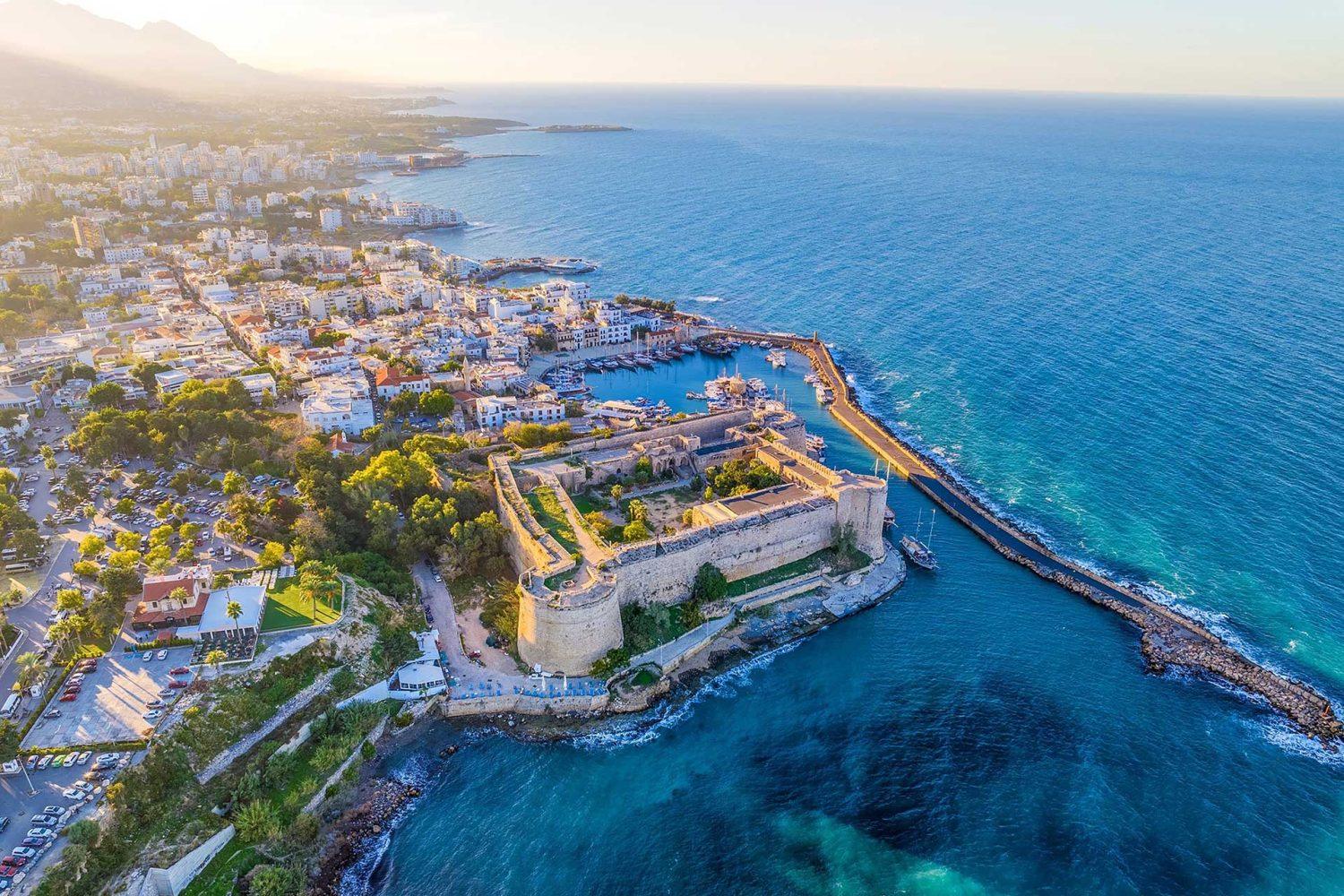
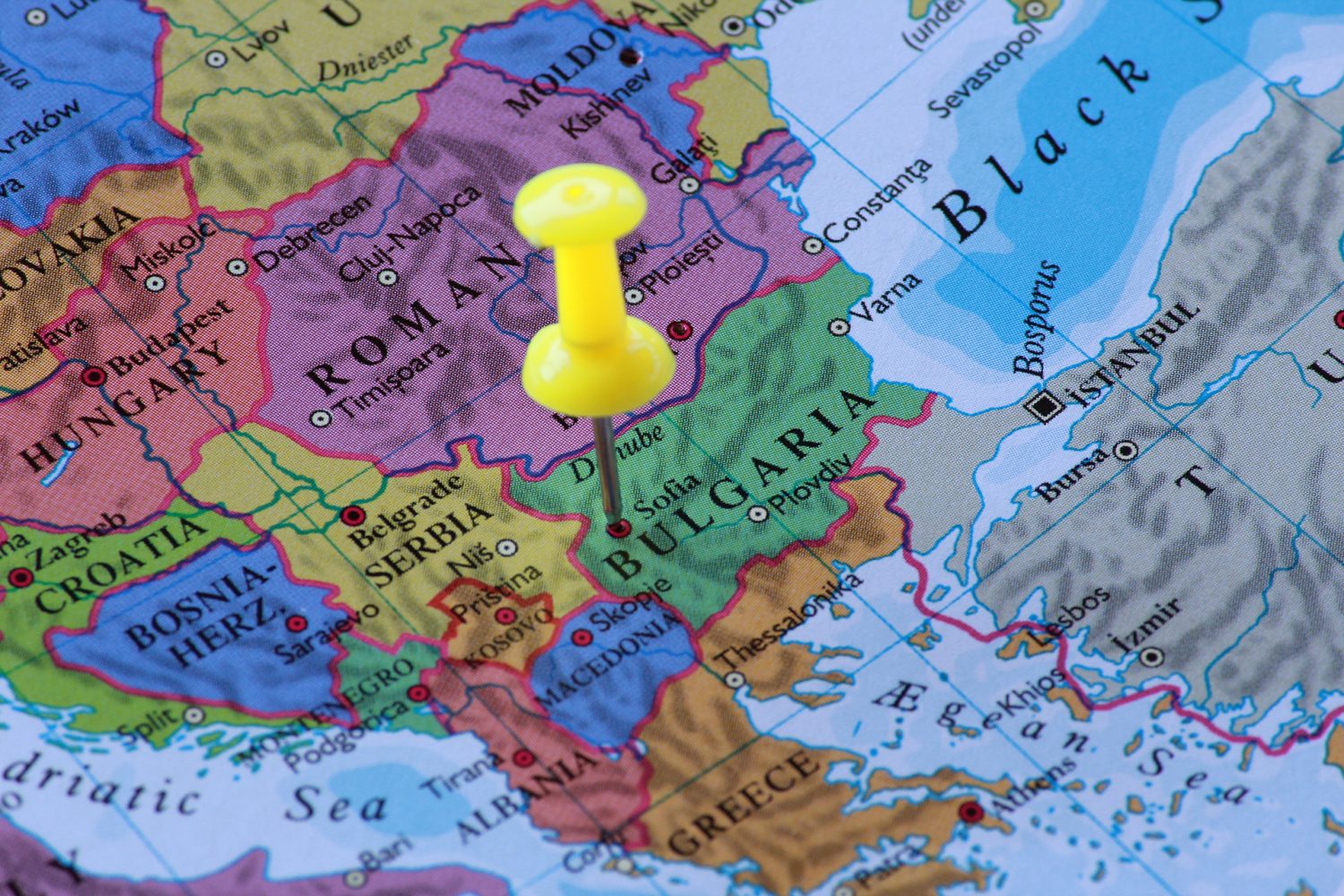
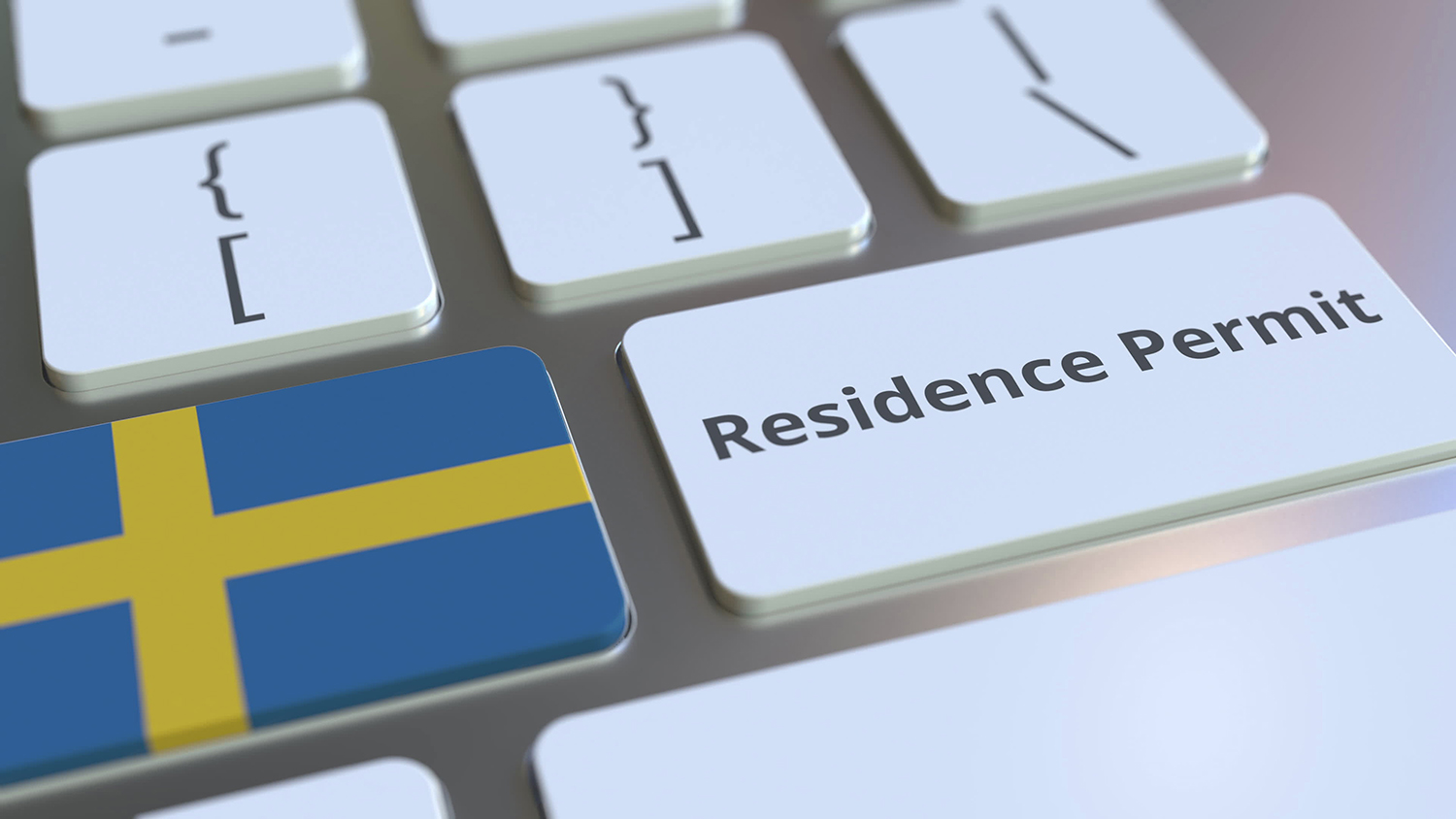
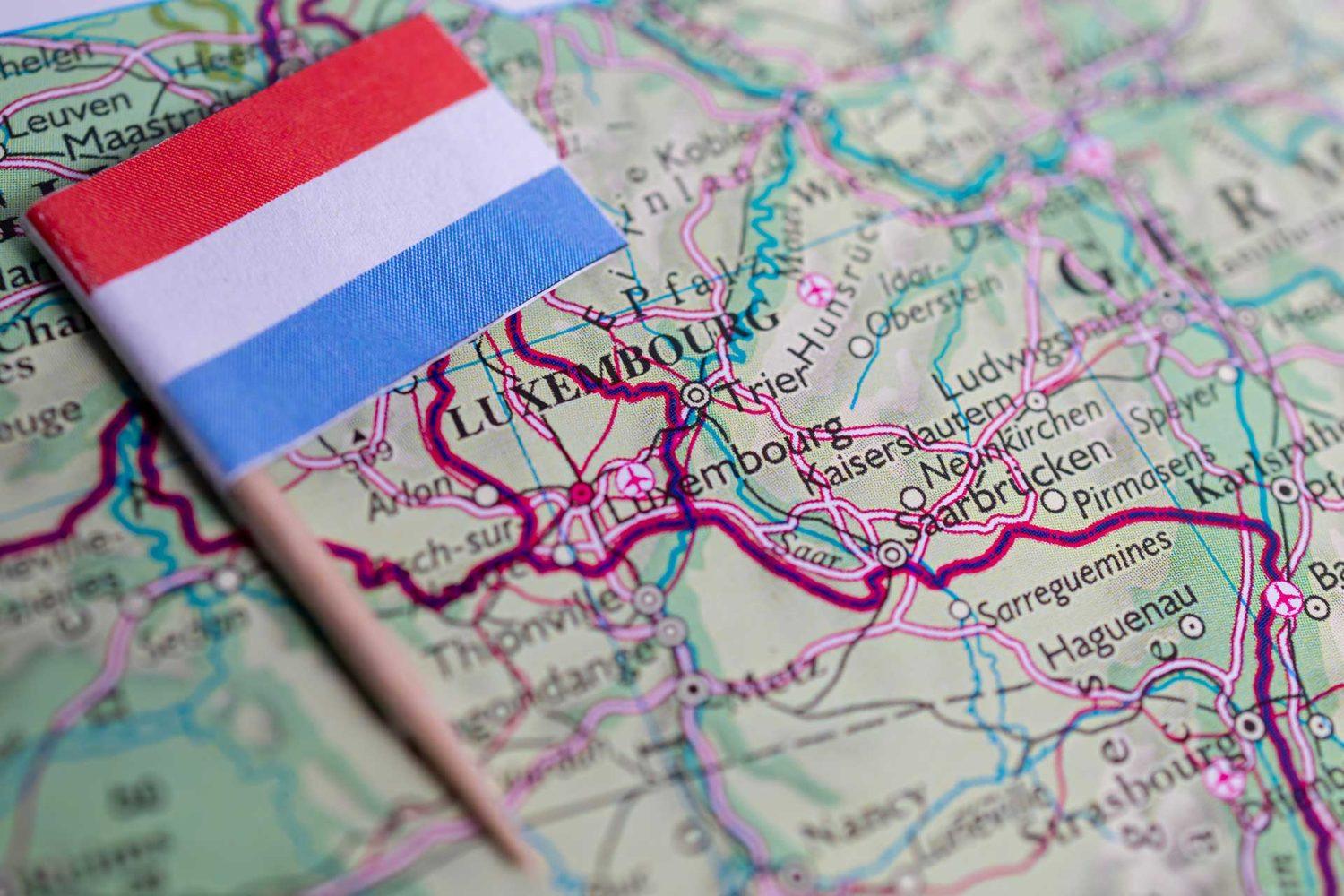

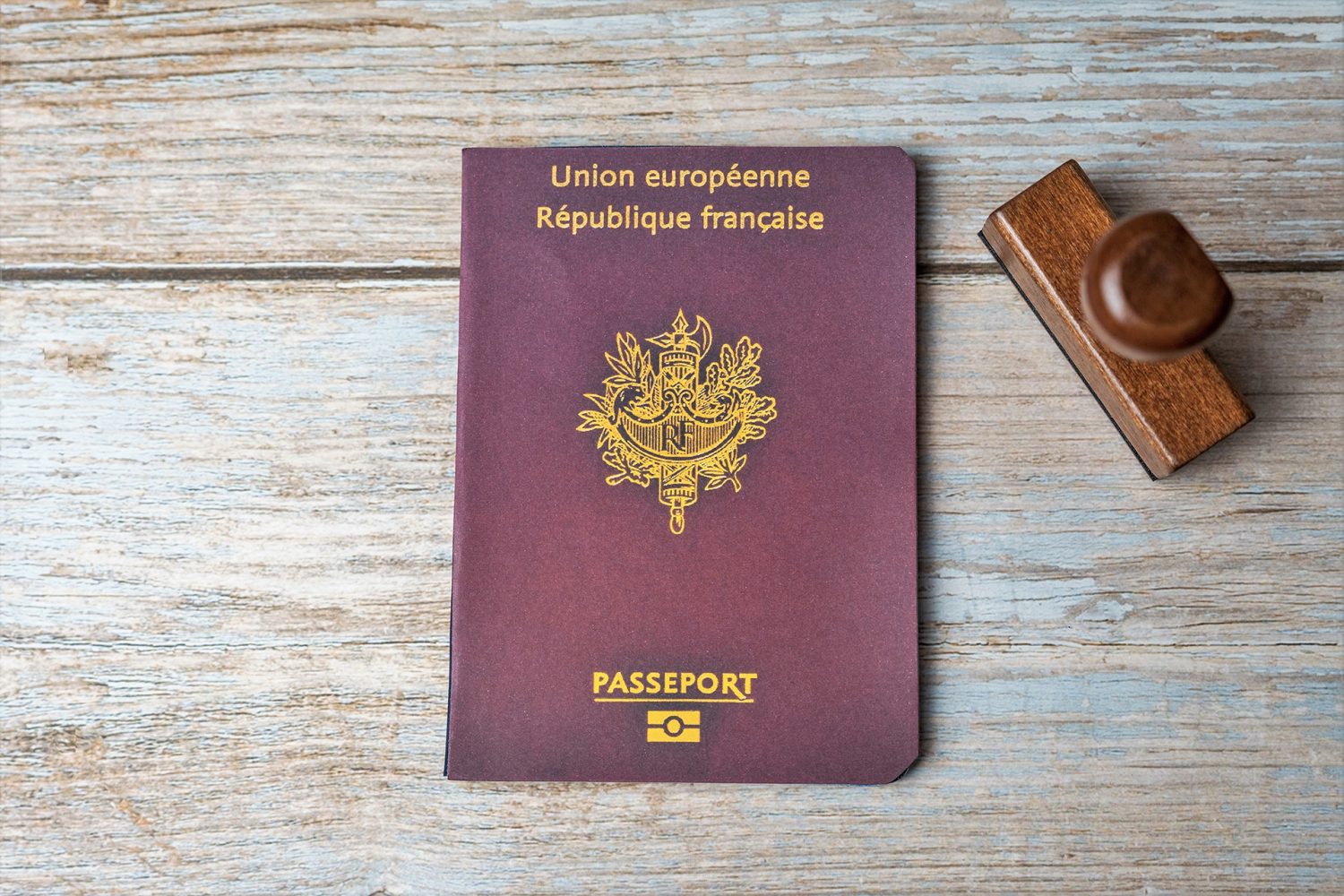

JonasAMS
Is it true that having private health insurance instead of Dutch basic insurance (zorgverzekering) can affect your residence status?
Diana Weber
Yes — and it’s a trap many newcomers fall into. If you’re registered in the Netherlands (BRP) and hold a residence permit, you’re legally required to have Dutch basic health insurance, not private foreign coverage. Even if you’re healthy or temporarily unemployed, not having it can lead to retroactive fines and issues during your residence permit renewal.
I’ve seen people who thought private EU insurance was enough, but IND checks this at extension time — and if they find gaps or unpaid periods, it can raise red flags about your compliance with Dutch law. Always register for Dutch insurance within 4 months of registering your address — even if no one tells you to. IND assumes you know.